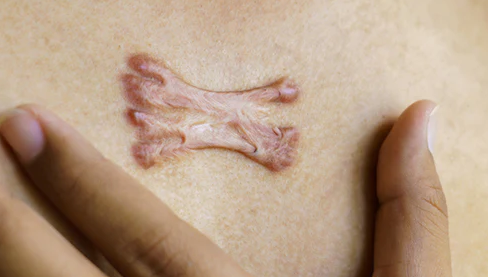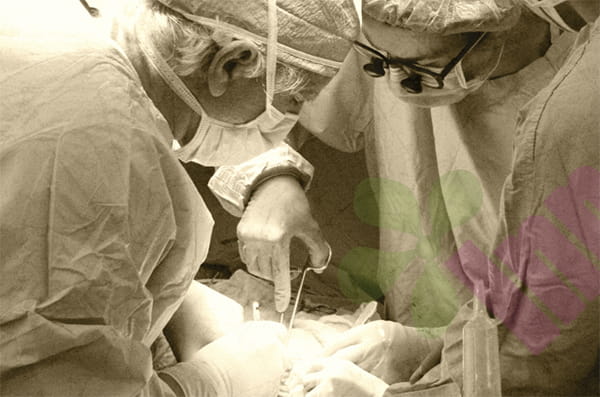Scars are marks left after the skin has healed, usually from things like trauma, surgery, burns, or acne. During the healing process, cells in the wound release a protein called collagen. These proteins form a new type of tissue called collagen. This tissue can help fill wounds and help the skin heal. However, if there is too much or not enough collagen produced, it can lead to the formation of scars.
What is collagen?
Collagen is an important protein that exists widely in the human body, including skin, bone, muscle, and blood vessels. In the skin, collagen is a key component in maintaining skin elasticity and resilience. Collagen also plays an important role in scar formation.
What is the role of collagen formation?
The role of collagen in scar formation is multifaceted. First, collagen can help fill wounds and promote skin healing. Second, collagen can help maintain the elasticity and toughness of the skin, thereby reducing the formation of scars. Finally, collagen can help stimulate the growth of new skin cells and can help reduce the redness and itching of scars.
Is more collagen better?
No, too much collagen can lead to abnormal scarring, forming a type of scar called a keloid. Scars are often thicker and more prominent than normal skin and may cause pain, itching, and discomfort. Scars form when cells in the wound release too much collagen, resulting in an excessive buildup of collagen. This excessive buildup can lead to an overgrowth of scar tissue, forming scars that are thicker than normal skin. Scarring usually forms within a few months of wound healing, but in some cases, scarring may continue to grow and not go away.
What factors increase the risk of scarring?
Several factors may increase the risk of scarring, such as age, genetics, location and size of the wound, infection, inflammation, excessive sun exposure, and tobacco use. If you have symptoms of hypertrophic scarring, it is advisable to seek advice from your doctor or dermatologist. They may recommend products from Silicone Scar Dressing that can help reduce the appearance and symptoms of scars and can help prevent scarring from forming.
Collagen plays an important role in scar formation. If you're trying to reduce the appearance and symptoms of scarring, consider Silicone Scar Dressing. These products can help stimulate collagen growth and can help reduce the redness and itching of scars. However, it is best to seek the advice of your doctor or pharmacist before using these products to ensure they are suitable for your wound.
For more information on Innomed® Silicone Scar Dressing, Refer to the Previous Articles. If you have customized needs, you are welcome to contact us; You Wholeheartedly. At longterm medical, we transform this data by Innovating and Developing Products that Make Life Life easier for those who need loving care.
Editor: kiki Jia
Date: July 31, 2023

 English
English عربى
عربى Español
Español русский
русский 中文简体
中文简体








